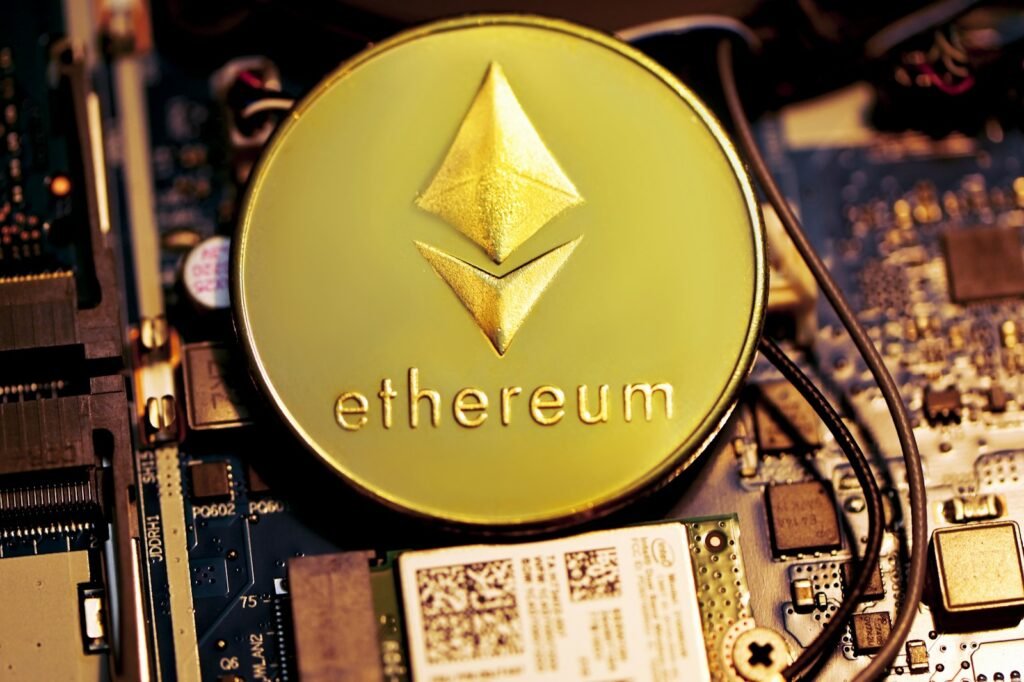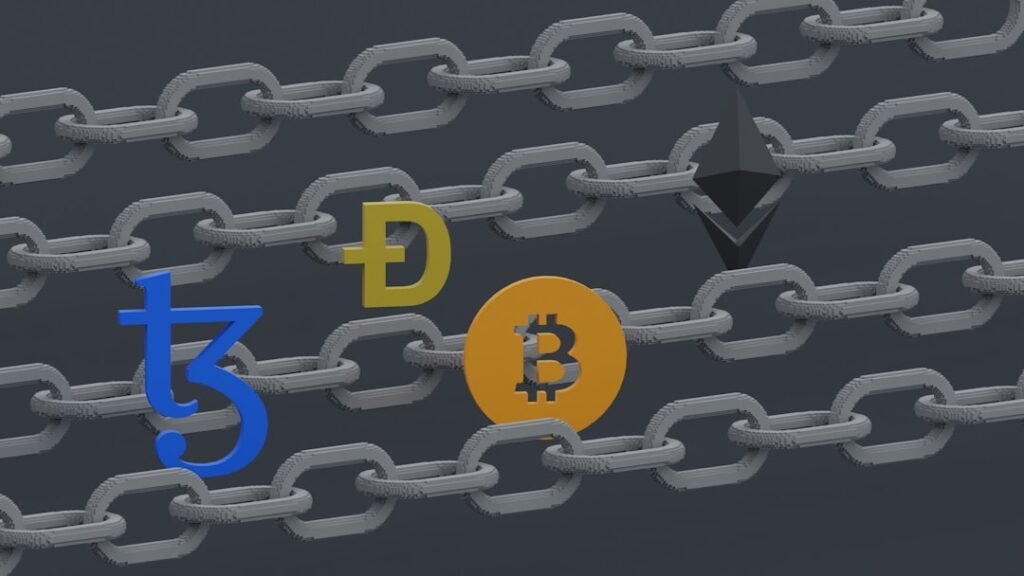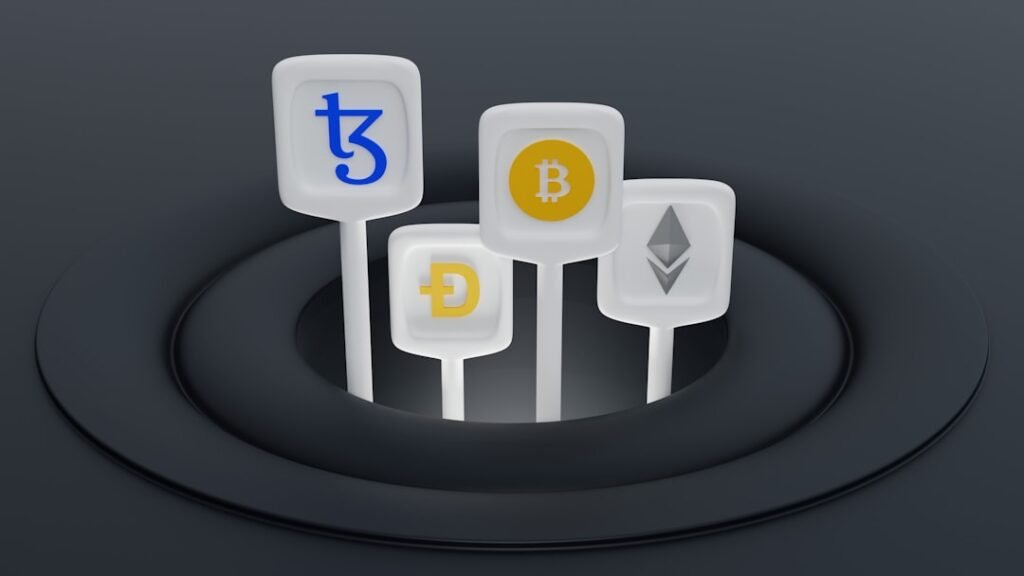Unlock the NFT Boom: Your Ultimate Guide to White-Label NFT Marketplace Solutions
The digital asset revolution is here, and non-fungible tokens (NFTs) are at the forefront. While NFTs have existed since 2014, 2021 will undoubtedly be remembered as the year they exploded into the mainstream, capturing global attention and transforming how we perceive digital ownership. This surge has created an unprecedented opportunity for entrepreneurs and businesses to capitalize on the trend by launching their own NFT trading platforms.
But is it feasible to enter this competitive market quickly and efficiently? The answer is a resounding yes. How? Through white-label NFT marketplace solutions. This comprehensive guide will explore everything you need to know about white-label NFT platforms—the simplest, most effective approach to building your branded marketplace without starting from scratch.
What Is a White-Label NFT Marketplace Solution?
For those new to the concept, let's break it down. Developing an NFT trading platform from the ground up is a complex, time-consuming, and resource-intensive process. It requires deep expertise in blockchain technology, smart contract development, security, and user experience design.
A white-label NFT marketplace solution offers a powerful alternative. It is a pre-built, customizable software platform powered by blockchain technology that incorporates all the essential features and functionalities of a successful NFT marketplace. These solutions are thoroughly tested for performance, security, and scalability, allowing you to launch your platform rapidly under your own brand.
The advantages are significant: rapid deployment, cost-effectiveness, and the flexibility to choose which blockchain network underpins your marketplace. While Ethereum remains the most popular choice, modern solutions support various blockchains like Solana, Binance Smart Chain, Polygon, and Cardano.
In essence, white-label solutions are pre-built software packages that, when purchased, can be rebranded with your company's identity. They can be tailored to create virtually any type of NFT marketplace. Popular clones and templates include:
- CryptoPunks clone
- OpenSea clone
- SuperRare clone
- Rarible clone
- NBA Top Shots clone
- Bored Ape Yacht Club clone
- Zed Run clone
How Is a White-Label NFT Marketplace Developed?
The development of a white-label NFT marketplace is a meticulous process handled by expert blockchain developers. It can be deployed on various blockchain networks, including Ethereum, Solana, Cardano, Binance Smart Chain, Polygon, and other leading protocols. The goal is to create a market-ready solution that attracts a global user base.
The development process typically follows these key stages:
- Selecting the Blockchain Network: The foundation is chosen based on speed, cost, and community.
- Designing the User Interface (UI): Creating an intuitive and engaging user experience.
- Token Creation: Developing the standard (like ERC-721 or ERC-1155) for the NFTs on the platform.
- Smart Contract Coding: Writing and auditing the self-executing contracts that govern minting, buying, selling, and bidding.
- Integration of IPFS Storage: Utilizing decentralized storage for NFT metadata to ensure permanence and authenticity.
- Integrating Backend & Frontend: Connecting the server-side logic with the client-side presentation.
- Beta Testing & Bug Fixing: Rigorously testing the platform in a simulated environment to identify and resolve any issues.
- Deployment: Launching the finalized platform on the client's server or a chosen cloud infrastructure.
Weighing the Pros and Cons
Before diving in, it's crucial to understand the advantages and potential limitations of a white-label solution to make an informed decision.
Pros
- Feature-Rich from Day One: These solutions come pre-equipped with all essential features and functionalities, providing the best user experience from the moment you launch.
- Customization and Branding: The platform can be fully customized with your branding—logo, color scheme, and design—making it uniquely yours. Providers can often tailor the solution to your specific business needs.
- Speed to Market: Since the core platform is already built, you can launch your branded NFT marketplace in a fraction of the time it takes to develop one from zero.
- Cost-Effectiveness: Pre-built solutions significantly lower overall development costs compared to a custom build, as you're not paying for initial research and development.
Cons
- Limited Uniqueness: Depending on the provider and the level of UI/UX customization allowed, your marketplace might share similarities with others using the same base solution.
- Custom Feature Development: While highly customizable, adding entirely new, complex features that aren't part of the original package can be challenging and may require additional development time and investment.
Monetizing Your White-Label NFT Platform
A successful platform needs a solid revenue model. A white-label NFT marketplace offers several effective monetization strategies:
- Commission: The primary revenue stream for most marketplaces. You charge a small percentage fee on every successful transaction (sale, auction win) that occurs on your platform.
- Listing Fee: You can charge users a fee to list their NFTs for sale on your marketplace. This fee can be fixed or a percentage of the NFT's listing price.
- Ad Spaces: Integrate dedicated advertising spaces within your marketplace platform for brands looking to reach your audience. This creates a recurring revenue stream beyond transaction fees.
Navigating the Landscape: Top White-Label NFT Marketplace Solution Providers
With a clear understanding of the what, why, and how, the next step is choosing a reliable development partner. The market has several prominent providers, each with its strengths. Here’s a look at some of the leading names in the industry.
1. SoluLab
SoluLab is a prominent blockchain development company offering comprehensive white-label NFT marketplace development solutions. With a presence in the United States, the United Kingdom, and India, they provide a user-friendly interface, support for multiple blockchains, and enable global NFT trading.
Their services span NFT Marketplace Development, NFT Exchange Development, and custom NFT Development. They have a proven track record serving top-tier companies and offer solutions for various niches, including NFT Metaverse, Gaming, Sports Leagues, Digital Art, Music, and Real Estate.
2. Inoru
INORU is a dominant provider with extensive knowledge in the blockchain space. They offer white-label solutions for NFT marketplaces, DeFi platforms, exchanges, and launchpads. Their in-house team delivers a wide spectrum of services with a focus on quality.
Their white-label NFT services include wallet integration, bidding systems, multi-language support, and advanced filtering. The platform is designed for easy customization, allowing clients to add specific features and deploy quickly.
3. AppDupe
AppDupe has a large client base that uses its services to build NFT trading platforms. While skilled in fundraising and DeFi platforms, the company is highly recognized as an NFT marketplace development company.
Their dedicated team builds on various blockchains, allowing clients to choose the best technology for their needs. They are a promising option for those looking to join the thriving NFT market quickly.
4. TurnkeyTown
TurnkeyTown is a leading provider offering a range of blockchain-related services, with a primary focus on NFT marketplace development, gaming platforms, and exchange development.
They simplify entry into the NFT world with their white-label solutions, which are highly customizable to meet specific business needs. They are known for creating clones of popular marketplaces like OpenSea and Rarible.
5. CronJ
CronJ is a software development firm that provides end-to-end solutions for businesses, startups, and enterprises. They have built a reputation for delivering high-quality NFT trading platforms via ready-made, white-label solutions.
Their developers possess significant blockchain experience, making them a reliable partner for entrepreneurs seeking a custom-made NFT marketplace without compromising on quality or security.
6. Zeligz Web Store
Zeligz Web Store is a software development firm known for its dependable solutions across digital marketing, design, eCommerce, and blockchain development.
They offer high-quality white-label NFT marketplace solutions built on your preferred blockchain network. Their solutions are tailored to varying business needs and goals, with a strong emphasis on functionality.
Conclusion: Seizing Your Place in the NFT Ecosystem
The era of non-fungible tokens has opened a gateway of immense potential and opportunity. NFTs have inspired a new wave of creators, collectors, and entrepreneurs to participate in a burgeoning digital economy. For those looking to move quickly and establish a presence in this dynamic market, white-label NFT marketplace solutions present the most viable path forward.
These solutions demystify the complex process of platform development, offering a streamlined, cost-effective, and rapid route to launch. By leveraging a pre-built, expertly developed foundation, you can focus your energy on branding, community building, and curation—the elements that truly make a marketplace unique and successful.
The key to unlocking this potential lies in selecting the right development partner. The curated list of providers serves as a starting point for your journey. By carefully evaluating your specific needs, technical requirements, and business goals against what these companies offer, you can choose the best partner to help you launch a successful and profitable white-label NFT marketplace. The digital frontier is waiting.












